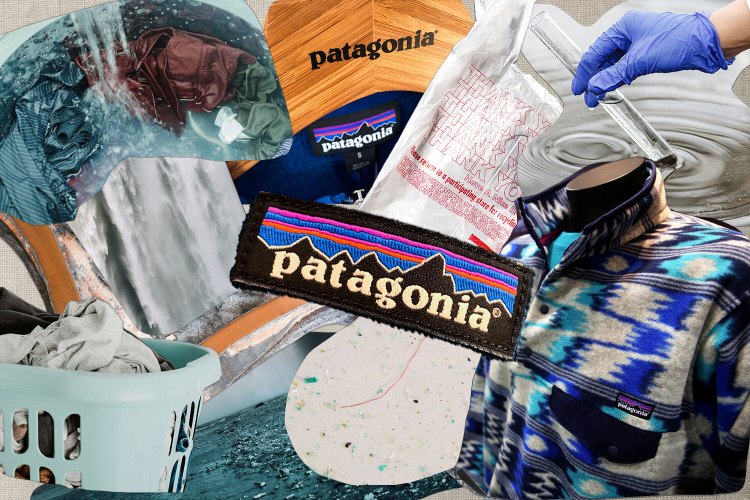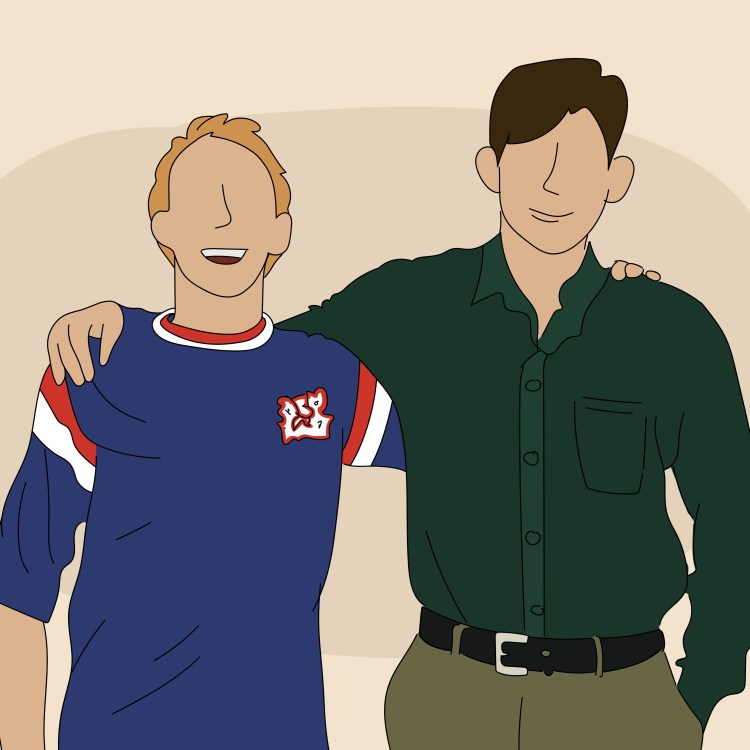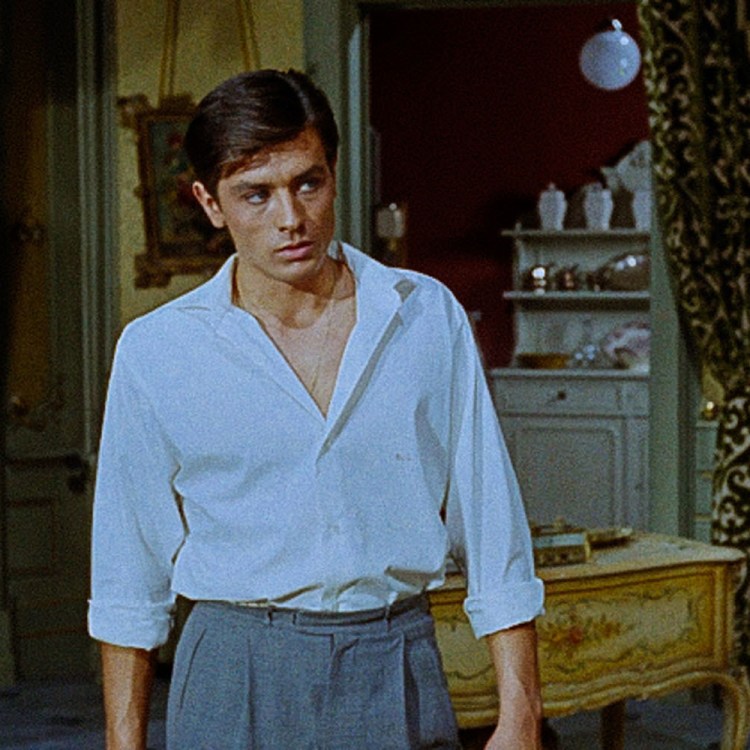Let us all praise famous men – and pillory the infamous. And then let’s talk about disgraced serial harasser Louis C.K. and his self-doomed film, I Love You, Daddy, which premiered at the Toronto International Film Festival only two months ago. It’s hard to believe that was an entirely different cultural landscape, pre-Harvey, where a don’t-ask, don’t-tell policy on sexually abusive behavior helped to bolster white male privilege not only in Hollywood but also in the “cultural products” that influence how Americans view the world and the world considers Americans.
The black-and-white film shot on classy 35mm hinges on a neurotic, narcissistic wildly successful TV writer named Glen (Louis C.K.). As this alter-ego schlemiel in the Woody Allen vein tries to whip up a new series and struggles against writer’s block – oh, the agony! — he’s coping with his nubile 17-year-old daughter China (Chloe Grace Moretz), exasperated ex-wife (Helen Hunt), tough-love ex-girlfriend (Pamela Adlon), seductive next girlfriend (Rose Byrne) and oppressed producer (Edie Falco). Perched to join the ranks of taboo cinematic artifacts, the film will sit in the vault beside Jerry Lewis’s Holocaust film, The Day the Clown Cried, Al Jolson’s blackface routine in the first feature-length talkie, The Jazz Singer, and even the disgraced Disney animation I watched as a child, Song of the South that faced pickets as early as the year of its premiere, 1946, for its tone-deaf and utopic portrayal of Southern racism.
It’s easy, even compulsory in the current climate of outrage, to dismiss Louis C.K.’s film, which distributor The Orchard yanked from a theatrical run in the wake of the comedian’s confession of pulling out his weasel and whacking off in front of a stream of female co-workers. It has a 38 percent rotten ranking on Rotten Tomatoes and the post-revelation pile-on has been massive. But, watching an awards screener dispatched too soon — yes! An awards screener because without the Harvey this movie wouldn’t have been pulled — it’s like seeing a canary in a coal mine. I Love You, Daddy is Exhibit A for what’s twisted in Hollywood culture and, in that regard, may be worth examining.
Only two months ago at Toronto, the movie had minimal impact on the status quo despite its candid portrayal of a necrotic and predatory culture – in glistening black and white. The most obvious, or full-frontal, examples are the scenes set in Glen’s luxurious Manhattan office where his wisecracking sidekick Ralph (squeakily puckish Charlie Day) mimes masturbation. This isn’t just the quick jerking off motion so many of us do from time to time, but a full on wank that continues in athletic detail to climax even as Glen’s long-suffering producer (a heartbreaking and authentic Falco) walks across the room collecting abuse like lint on Velcro. It’s jaw-dropping because it’s funny, disgusting – and a prescient if unapologetic portrayal of the very behavior that torpedoed the comedian’s career.
Consider this an unlikely example of masturbation making one blind. C.K. is simultaneously outing the kind of “locker room” behavior that we’ve come to understand has long been standard operating procedure at the expense of the workplace safety of female co-workers. With the appealing Day, C.K. winks at the boys’ gone wild culture of white male privilege that spans from the casting couch to the Oval Office carpet. However, C.K. wants to have his cake and scarf it, too. He wants to expose what the culture is really like, to give the audience an insider peek, but doesn’t go so far as to condemn it. He’s aware enough to see what exists but not self-aware enough to understand how this unsavory and discriminatory behavior in real life will be his downfall.
What is even more cringe-inducing to me as a mother of an 18-year-old college freshman is the treatment by the real-life father of two daughters of his latter-day Lolita. Moretz enters the film in a knit bikini with a panther’s walk. She’s an actress self-possessed enough to know that she is both the sex object of male ogling and, to a certain degree, aware and in control of her power over men. It’s a cunning, beautiful performance – even if you never get a chance to see it because it’s collateral damage courtesy of the writer-director’s penis.
What interests me is that this central relationship between father and maturing daughter comes to a crisis because Glen is unable to see sexualized women as individuals. His dick keeps getting in the way and there’s no effective system in place to keep it in check because he is in the power position – as boss, as gatekeeper, as father. That’s the definition of white male privilege in a corporate setting. It is this lack of empathy and compassion that defines the current larger crisis: to see women as equals first you have to recognize them as humans detached from male need and control.
Perhaps when Glen’s daughter was young, he could shower her with unconditional love unthreatened by the unformed individual underneath, instead of basking in her uncritical adoration. But when she grows a pair (of tits), he’s incapable of maintaining the necessary father-daughter boundaries. She says the title catchphrase, a manipulative “I Love You, Daddy,” but the real tragedy of which the man isn’t aware is that his immaturity, his compulsion to see post-pubescent woman as objects of his desire, totally screws the pooch on his relationship with his daughter right as she needs him to be the adult in the room.
The sexual maturation of China is actually a threat to her father and his virility. Because, in the culture of his industry, he’s been free to ogle all breasts, he doesn’t know how to compartmentalize those of his curvy daughter, or even say, “Hey, honey, can you put on a sweater?” Having achieved college-and-free-love age, she becomes a symbol of the father’s mortality and diminishing virility. If she rises, certainly he must fall – and C.K. plays into that contemporary male anxiety that’s actually as old as Tevye’s musical plaint “is this the little girl I carried” in “Sunrise, Sunset.” Only, as far as I know, Fiddler on the Roof lacked the icky incestuous undercurrents.
The tension escalates when, at a Hampton’s soiree, Glen introduces China to his idol, the 68-year-old auteur Leslie Goodwin (a mischievous John Malkovich with a cat-eating-the-canary-in-the-coal-mine smirk). Unafraid of calling the kettle black, C.K. has created a marvelous stand-in for Woody Allen, who has already been invoked in the film’s black-and-white style, lush music and Manhattan setting. Malkovich — like Moretz, Falco and Day — does a brilliant job of individuating this character. Goodwin’s a practicing pervert with a penchant for hanging around upscale women’s dressing rooms (calling Roy Moore) and grooming teens half a century younger than himself for his pleasure. But Malkovich resists playing a cliché, in no way “doing an Allen,” like, say, Jesse Eisenberg in Café Society.
While idealizing the craft of Allen as a filmmaker, C.K. indicts his fictional straw man. Surely, masturbating in front of women can’t hold a candle to cradle robbing (or, by extension, the rapacious activities of alleged serial rapist Weinstein)? C.K.’s Glen projects his animosity on Goodwin, hypocritically righteous when confronting an unapologetic predator that’s dangerous precisely because he sees and listens to these young women, seducing them as if he were, in his own metaphor, a pig sniffing out rare truffles. The young women’s sole purpose is to be consumed and discarded.
And, even then, while Glen condemns Leslie, when given the choice of warning him off China or having the filmmaker read Glen’s script-in-progress, the father opts for the careerist latter. He’s weak. Offered the chance to make a moral choice, Glen caves – and so does Louis C.K. And so did the many men who heard the rumors, saw the actions, and did nothing because there was no upside to bucking the system that benefitted them.
C.K. is demonstrably smart enough to exploit Allen’s technique and craft to indict the master, using elegant imagery and romantic music to camouflage a perverse pairing of older men and younger women hiding in plain sight. But he’s not wise enough to make the logical leap and indict himself – or Glen for that matter. Despite his trappings of power – his Hollywood success, his Manhattan duplex, his sexy movie star girlfriend – he paints himself as a lovable schlemiel, rather than a man in full with the power to change the culture rather than merely comment on it. C.K. had the power to keep his dick in his pants and resist waving it at nonconsenting women. He failed.
Whether this is a geschrei for help, or a self-outing, I Love You, Daddy captures Hollywood masculinity at a tipping point. It’s mortifying, and funny, and, ultimately, cowardly. In some ways, it has to be seen to be believed – and discussed. I’m saving my screener. Someday in the not so distant future it may be a valuable curiosity, a cultural artifact, like The Day the Clown Cried. At the very least, it’s a cautionary tale that shouldn’t profit C.K. but shouldn’t be buried either, along with the sharp performances of Moretz, Falco, Byrne, Hunt and Adlon, Malkovich and Day.
This article was featured in the InsideHook newsletter. Sign up now.























